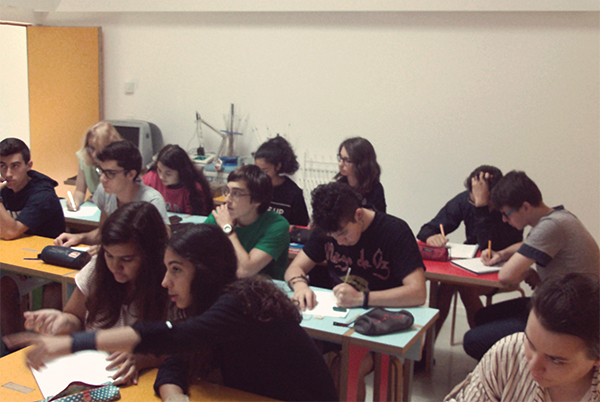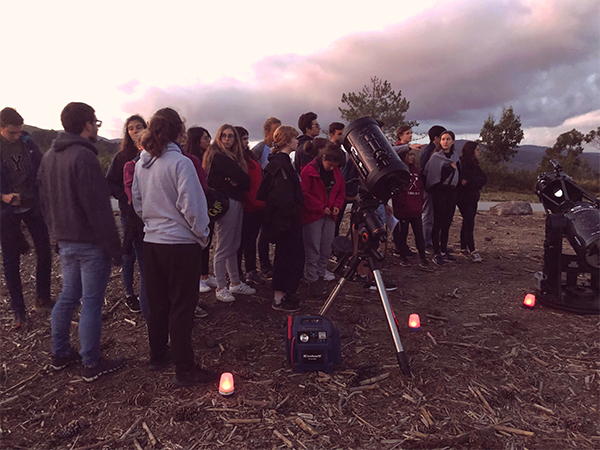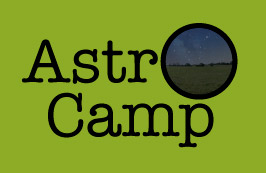AstroCamp is a three-year programme. Students can apply to it in the antepenultimate year of their secondary education. Successful applicants will participate in a summer school, which this year will be from 30 July to 13 August. Subject to a sufficiently good performance therein, students will be able to join various other remote and in person activities in the two subsequent years.
At the summer school the students must take two courses, taught in English, each with 21 hours of classes and 4 hours of written exams. Candidates will be informed of the available courses in early May. There will also be practical projects, some of which may be continued after the end of the camp.

The camp will also include astronomical observation sessions, both with the naked eye and with telescopes (including one coinciding with the peak of the Perseids meteor shower) allowing students to get to know the night sky, and skype conversations with astronomers and physicists working in several countries.

Recreational activities include hiking, several sports activities, and film and documentary sessions. There will also be some community service activities.

Some testimonials of AstroCamp alumni can be found here.








